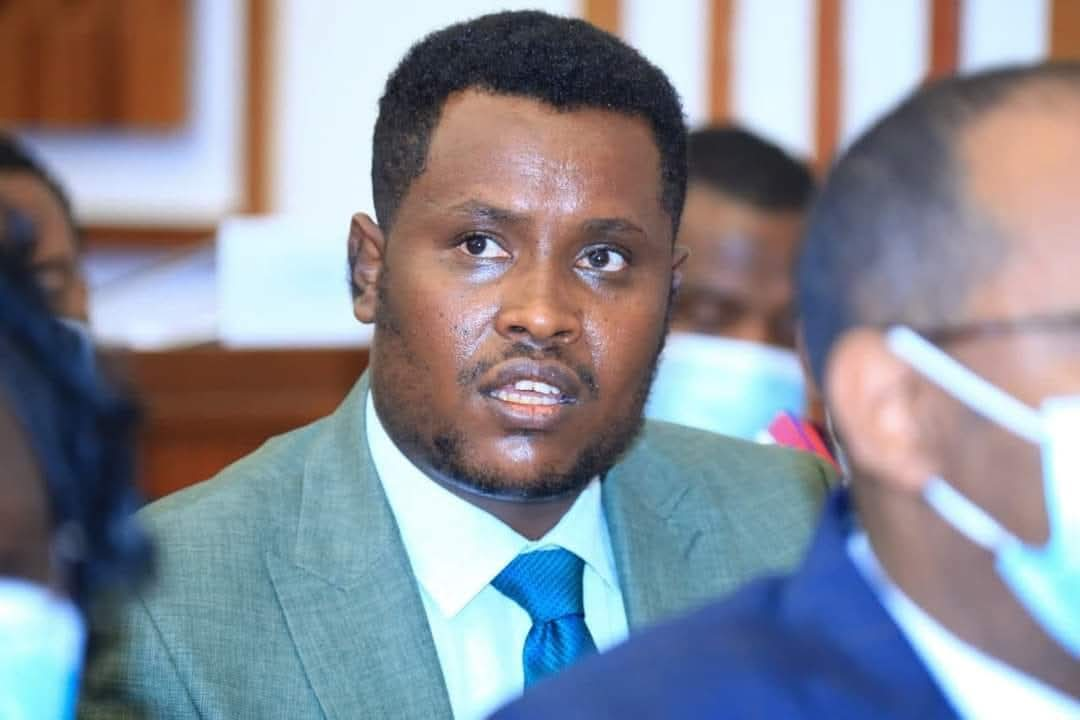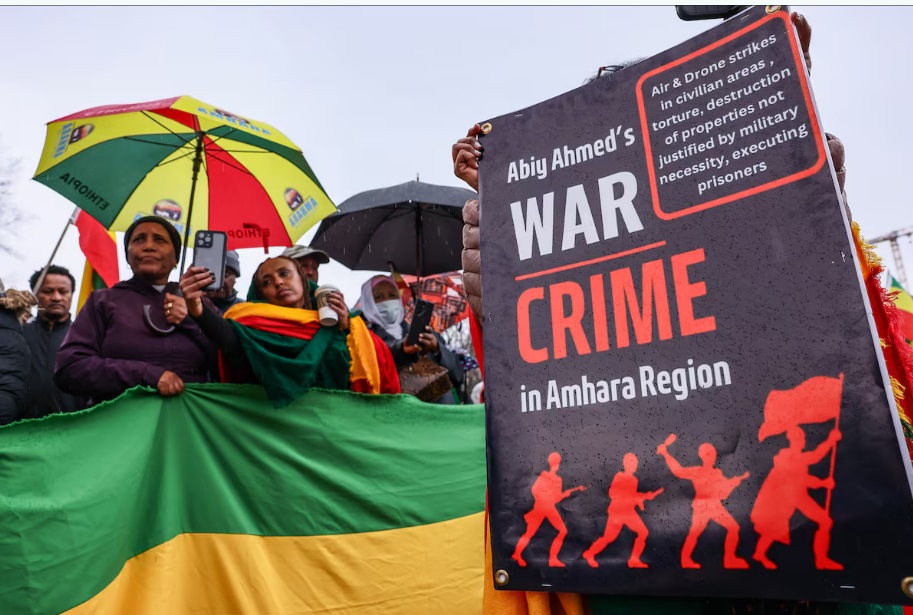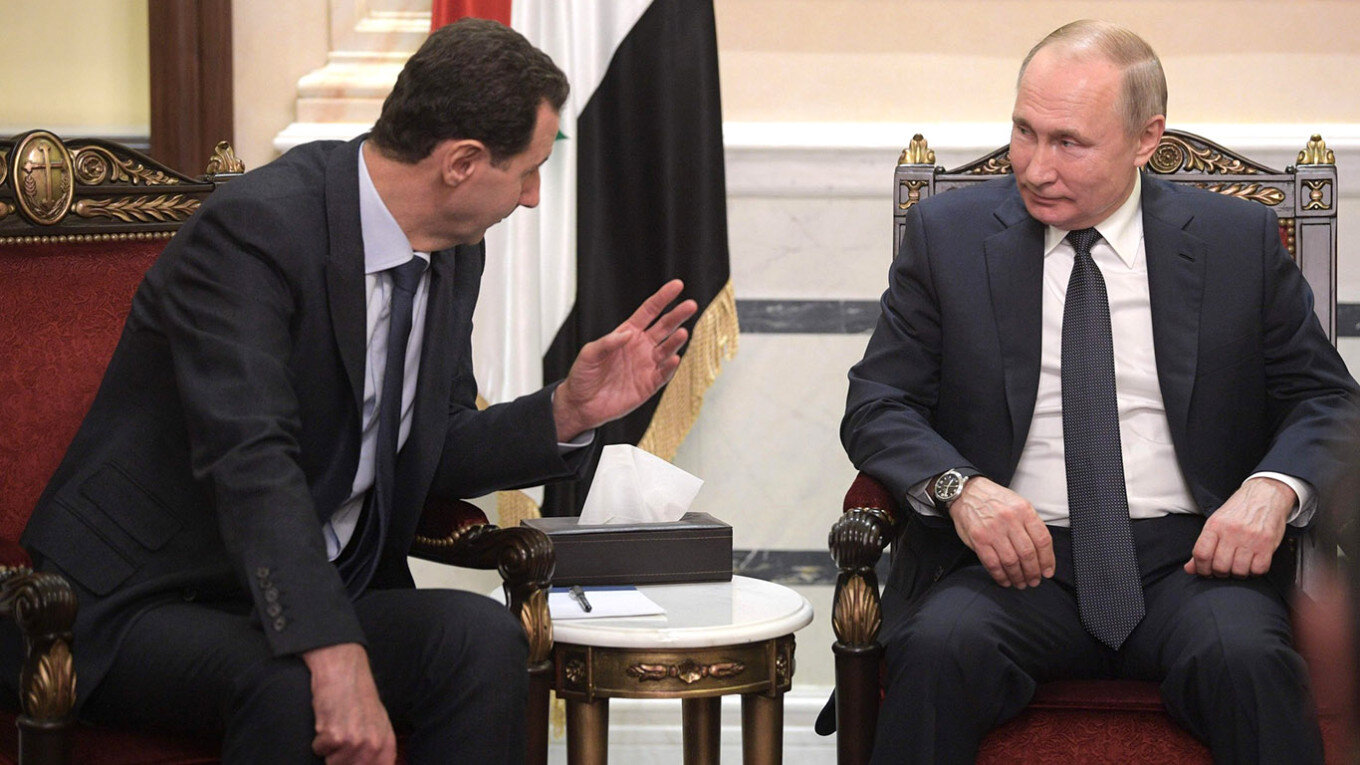By KIRUBEL TADESSE
Associated Press
ADDIS ABABA, ETHIOPIA — African leaders on Monday asked the International Criminal Court to transfer charges against Kenyan President Uhuru Kenyatta to the Kenyan legal system.
The African Union summit, which ended Monday in Addis Ababa, agreed to press the United Nations to move the charges against Kenyatta and his deputy, William Ruto, to Kenya.
African leaders believe that the ICC prosecutions “have degenerated into some kind of race hunt” of Africans, African Union chairman Hailemariam Desalegn said Monday.
Kenyatta and Ruto both face trials later this year at the ICC in The Hague on charges of crimes against humanity over allegations they helped orchestrate the tribal attacks that followed Kenya’s 2007 election, in which more than 1,000 people died.
Africa’s leaders, who are in the Ethiopian capital for a three-day summit to mark the 50th year anniversary of the founding of the continent-wide organization, voted Monday to endorse Kenya’s proposal that the ICC charges against Kenyatta and Ruto should instead be handled domestically in Kenya.
Last week the executive council of the AU, composed of African foreign ministers, approved the same proposal.
The Ethiopian prime minister charged that 99 percent of those indicted by the ICC are from Africa and he alleged that the ICC’s prosecutors intentionally target African leaders.
“The African leaders have to come to a consensus that the process the ICC is conducting in Africa has a flaw,” Hailemariam said. “The intention was to avoid any kind of impunity . but now the process has degenerated into some kind of race hunting. We object to that.”
The African Union leaders’ decision was criticized by Human Rights Watch.
“Five years after the post-election violence, Kenya’s authorities have repeatedly failed to live up to promises to hold those responsible to account in national trials,” said Elizabeth Evenson, senior international justice counsel at Human Rights Watch in Brussels, Belgium. “The African Union’s call to have the Kenya cases handled nationally should fool no one as to the prospects for meaningful justice in Kenya. Recent events at the Security Council and African Union underscore the need for the international community to redouble efforts to press Kenya to put politics aside and let the ICC’s cases run their independent judicial course.”
Ramtane Lamamra, head of the AU peace and security council, late Monday defended the AU leaders’ decision.
“This does not mean that Africa is for impunity . in this particular case you have the need to balance the overwhelming and overarching need for justice with equally important needs of democracy and respecting the freely expressed will of the people,” said Lamamra.
He said the U.N. Security Council should help end what he called the unfair and targeted prosecution of African leaders.
Lamamra said African leaders during the summit also endorsed proposals to immediately establish a standby military force to respond to crises in the continent. He said that 50 years after independence; it is regrettable that Africa’s security relies on foreign countries’ interventions, such as France’s current operations in Mali.
The force and its financing will be made from voluntary contributions of African countries, added Lamamra. Already South Africa, Uganda and Ethiopia pledged to contribute to the force, according to the official.
Associated Press Video Journalist Andrew Njuguna contributed to this report from Addis Ababa, Ethiopia. AP writer Mike Corder contributed from The Hague.














